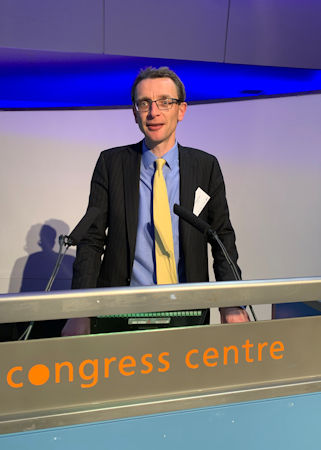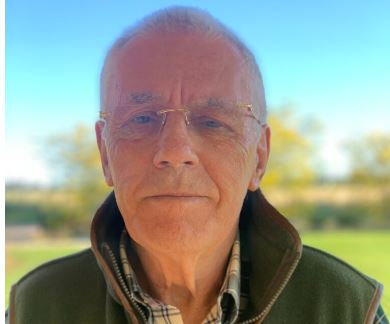Successfully developing an energy from waste (EfW) plant requires a mix of skills. Alongside the necessary technical and financial capabilities, developers need perseverance, resilience and, almost inevitably, that particularly elusive skill – “luck”. Over the last 10 years Tolvik has worked alongside a number of project developers, in both the waste and biomass markets. From this position, we have witnessed both successes and failures.
However, it increasingly appears that there is one critical skill necessary for a successful project which is being overlooked: “understanding”. What do we mean by “understanding”? It’s probably easiest to define not by what it is but rather by what it is not.

“Understanding” is not the ability to develop detailed project financial models and run a series of complex scenarios (although this is of course essential). It is not the ability to identify a project specific risks and ensure they are contractually passed to someone else in the supply chain. It is not the ability to find a third party waste supplier who will commit to a 15 year Residual Waste contract on the basis that somehow they will be able to find the waste from somewhere. And it’s definitely not the ability to develop an artificial series of assumptions which just about provide the returns needed to meet funder minimum requirements.
Know the parties involved
“Understanding” is different. It involves getting to know the various parties involved in a project – their business, capabilities and, critically their motivations. It involves knowing who your competitors really are. Understanding means acknowledging that Residual Waste composition will vary over the year, and as demand increases, so fuel quality will fall (as seen recently in the Recycled Wood market). It requires recognising that while project parties may come and go, for the local community an EfWs is a long term asset. Operate a facility badly, and it will impact on the reputation of the whole sector. Understanding means that spending time drawing up contingency plans is not regarded as a luxury – unfortunately such plans will, from time to time, be needed.
Understanding takes time – and in the desire to”do the deal”it seems this is increasingly seen as a waste of time.
Above all, understanding is the thoughtful application of common sense. Understanding takes time – and in the desire to “do the deal” it seems this is increasingly seen as a waste of time.
Risk
Tolvik is regularly asked to assess the future balance between Residual Waste supply and EfW capacity. To date we have assumed that the checks and balances of rational investors, particularly where external project finance is required, will ensure that, unlike northern Europe, the risk of EfW over-capacity in the UK is very low. However, increasingly, project developers seem willing to ignore the need for “understanding” if it is going to give them the wrong answer.
Market tightens
We see this with our market due diligence reports. As the market tightens, if our analysis is not favourable then we are increasingly being asked to change our assumptions. Most often this is a variant of “can’t you just increase the size of the modelled Catchment Area?” Having engaged experienced independent consultants, this appears to be a deliberate decision to redefine “understanding”.
At the end of the day, of course, such a decision is a developer’s risk.
But ignoring this need for “understanding”, when repeated across multiple projects, is starting to lead us to question whether the risk of EfW over-capacity is as low as we had previously assumed.
AUTHOR
Adrian Judge is a director of the Tolvik consultancy which is a provider of independent market analysis and commercial due diligence to the European waste and bioenergy sectors











Subscribe for free